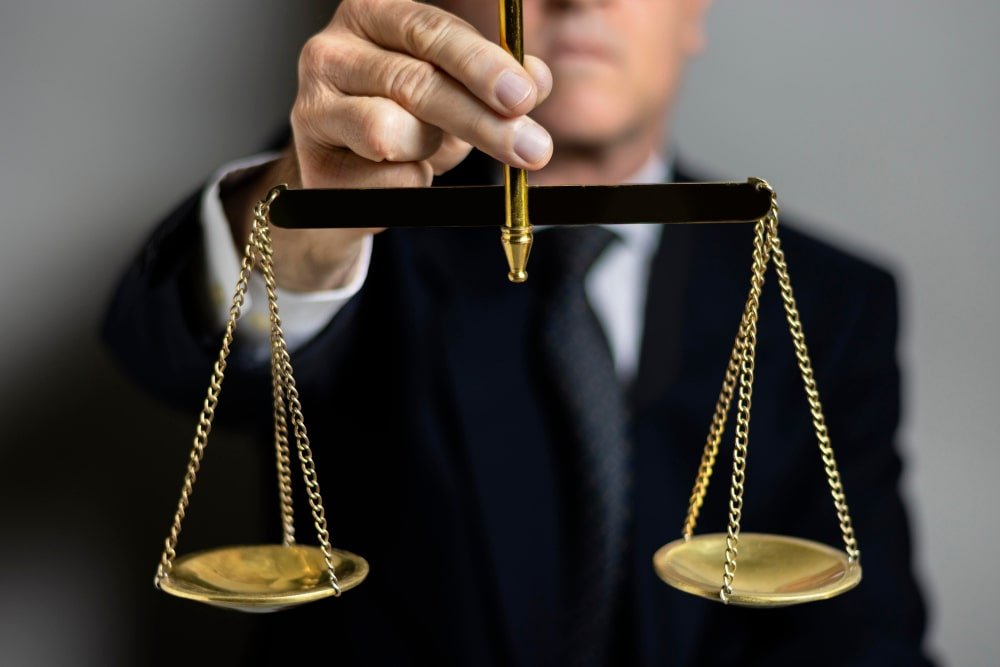
Countries censor the internet to prevent individuals from spreading things they deem improper for their citizens. Governments hope to avoid cybercrime by controlling the internet, preventing the spread of fake news, and protecting intellectual property.
However, internet censorship may not always help the public. Enacting terms that restrict the viewing and publication of material may violate people’s rights.
Is Online Censorship Legal?
Citizens’ freedom of expression and access to information are hampered by Internet restrictions. Internet restriction infringes on people’s rights under the First Amendment.

The government should not regulate how and when we access material online unless the forbidden information is pornographic, vulgar, or politically objectionable.
Internet Censorship Violates People’s Right To Free Expression
Some regimes go far and limit the exchange of political content in order to reign unchallenged and negate humanist movements. Some authoritarian countries prohibit the release of certain news in order to maintain control. You’ve probably heard of people being jailed and prosecuted in court just for sharing sensitive political information.

Internet Censorship instills terror in citizens, preventing them from speaking out against societal injustices. While censorship may prevent dangerous information from spreading, it also results in the loss of good knowledge that may strengthen communities. When individuals only have access to information that the government wants them to have, they become uneducated and less concerned with the truth.
You merely lack access to filtered material at will in this age of modern technology. Proxies and other IP masking tools can provide you access to restricted information.
Censorship Strengthens The Ruling Class While Weakening The Masses.
When the topic of Internet Censorship comes up, there are so many unresolved issues. Because the government provides a certain group the authority to undertake censorship tactics, it further strengthens this subsection. Under normal conditions, such a gang will most likely disregard morality and legally mandated regulations. The agency may lack the authority to expose the wrongdoings of the government machines that fuel their existence.
Control and manipulation of published content have also been a point of contention. Will the same government not challenge the agency if its wrongdoings are exposed? The majority of regimes utilize internet restrictions to influence the populace. People with money and power can use censorship to affect what other citizens say and view. In other words, these restrictions cede authority to society’s wealthy and powerful.
Citizens in nations where the internet is censored do not have to be in the dark. They can access prohibited information secretly by using residential proxies. Residential proxies give the security and anonymity required for users to access prohibited news and publications.
Internet Censorship Limits Advertising Possibilities
Internet Censorship has a significant impact on the business sector. Yes, when a government bans internet material, sectors and businesses suffer considerably.

Governments harm businesses by restricting access to social media platforms such as Twitter, Facebook, and Instagram. It simply stifles the expansion of such firms. This is due to the firms’ inability to reach a larger client base.
Citizens in countries where social media sites are illegal are forced to rely on less popular social media platforms. The internet, like a global village, links businesses with customers from all over the world. When a country prohibits certain social media networks, businesses are left with a small client base. As a result, internet filtering causes more harm than benefit to both established and new enterprises.
Internet censorship depletes national resources.
Internet Censorship is an expensive endeavor that depletes a country’s resources. The skills and technology resources required to filter the internet are too expensive.
To make censorship work possible, the government must pay additional personnel to assist with implementation processes and secure pricey technological infrastructure and systems. Some nations may stop internet connections entirely in order to limit information access.
The expenses of imposing internet restrictions outweigh the benefits they provide to the government. Consider South Arabia, which spent millions of dollars blocking Facebook Messenger, Skype, and WhatsApp, losing the country $465 million in GDP. Consider a country like India, which adopted internet restrictions at a cost of $968 million in GDP.
Conclusion
Some kind of internet regulation is reasonable, as long as it is carried out within a country’s legal borders. Internet Censorship, on the other hand, is not always worth it when it becomes a weapon of manipulation and a method to conceal criminals, allowing them to continue terrorizing a country.
Internet filtering within legal frameworks can limit the spread of fake news, which can lead to violence and criminality. It may also prevent the media from marketing sensational material.
However, as said before, the disadvantages of internet restriction outweigh the benefits. Most governments control the internet and social media in order to influence their population. The good news is that even in nations with such limitations, people may still use proxies to obtain the information they desire.
